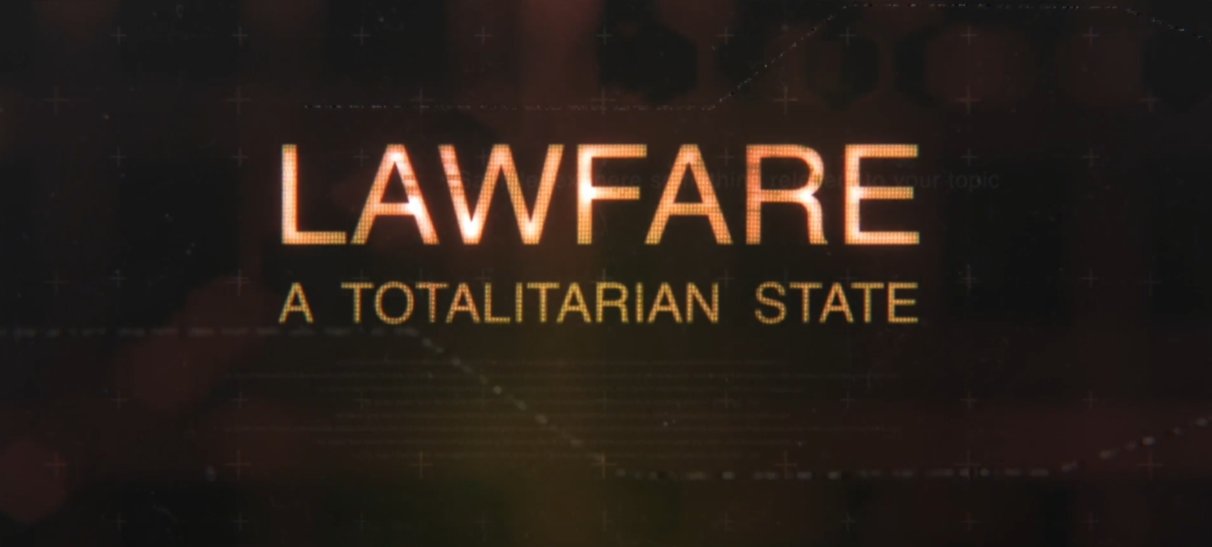The orchestrated attack on Diana West’s important book, American Betrayal, has been brutal and unseemly, but in one respect at least it has served a useful purpose.

This lone positive angle–counter-intuitive at first glance–is that her iconoclastic Cold War history has sparked a barrage of charges about “McCarthyism” and the senator from Wisconsin who gave his name to a decisive epoch in America’s long death struggle with the Kremlin.
As is well-known, “McCarthyism” was an alleged focus of political evil in the 1950s: accusations of Communist taint, without any factual basis; bogus “lists” of supposed Communists who never existed; failure in the end to produce even one provable Communist or Soviet agent, despite his myriad charges of subversion.
Such is the standard image of “McCarthyism” set forth in all the usual histories and media treatments of the era. Such is the image relied on by the critics of Ms. West to discredit her book and dismiss her as a crackpot and “conspiracy theorist.” By arguing that pro-Red elements in our government exerted baleful influence on US policy to suit the aims of Moscow, it is said, she becomes “McCarthy’s heiress,” reprising the evils of the fifties.
[…]















